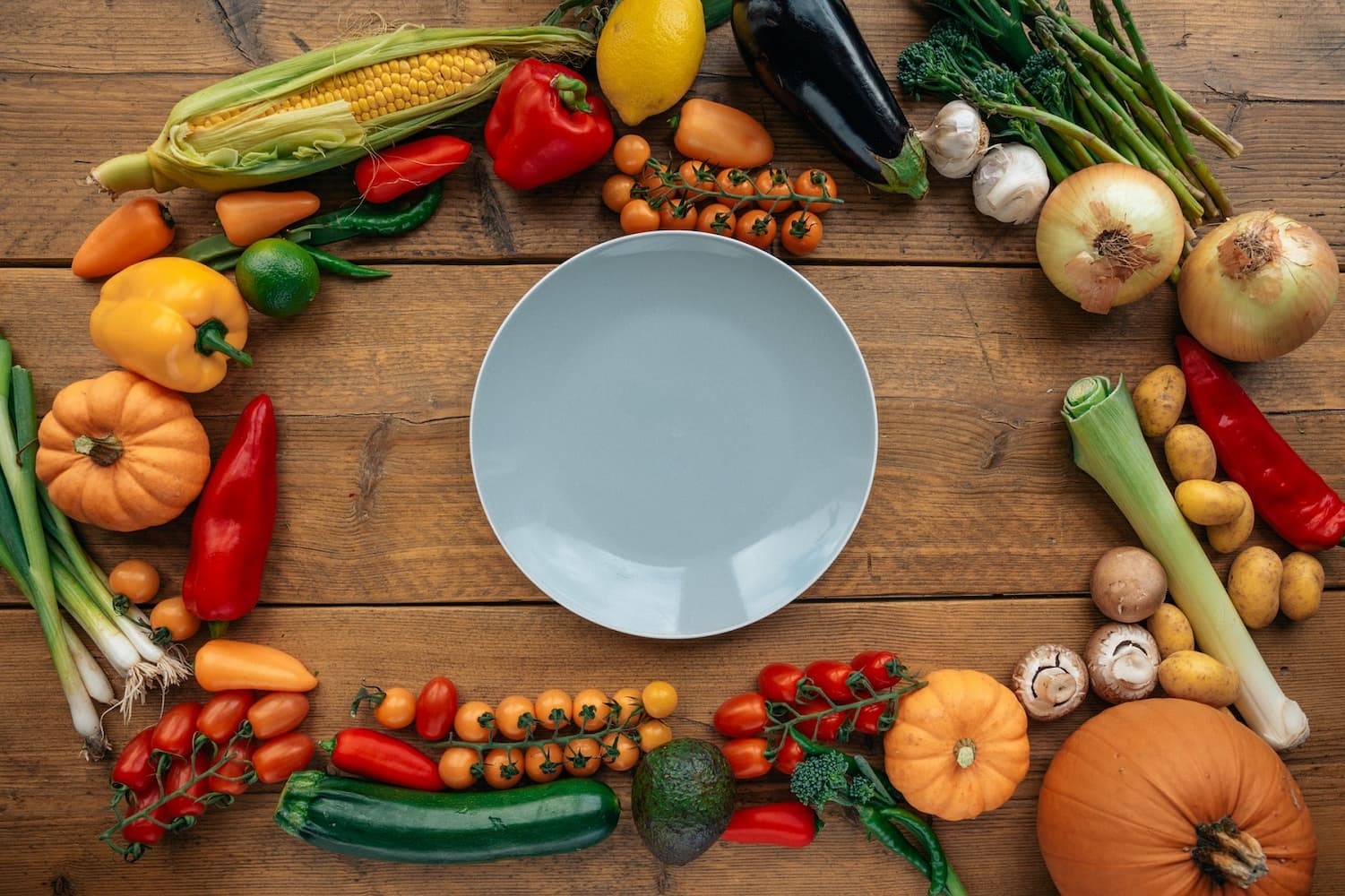
Alkaline foods are vital for helping the body to maintain its natural pH balance. Read on to find out more about why this balance needs to be maintained and to learn more about alkaline foods.
What is pH and Why is it Important?
The pH level of the body needs to be maintained at a level between 7.35 and 7.45. If it is higher or lower than this, symptoms or disease will occur. If the level drops to below 6.8 or rises above 7.8 the cells will stop working and the body will die. When the pH level of the body is not correctly maintained, there are negative effects on the body including problems such as bone weakness, heart problems, obesity and weight problems, allergies, and fatigue, just to name a few.
Why Eat Alkaline Foods?
Because the typical Western diet is largely made up of proteins, sugars, and other acid-forming foods, it is important to try and alkalinise the diet so that acidosis, and therefore disease do not occur. It is important to try and avoid eating too much acid-producing food such as sugars, dairy, meat, caffeine, alcohol, wheat, yeast, fruits, bad fats, and salts. As a general guide, manufactured or processed foods are acid-producing while natural foods (with a few exceptions), are alkaline-producing. At least 60 percent of alkaline-producing foods should be eaten, although the ideal amount is 75 to 80 percent alkaline foods to 20 to 25 percent acidic foods.
How do Alkaline Foods Help the Body?
If the correct ratio of alkaline and acidic foods in the diet is maintained, the body is healthy and able to resist disease. When a person is suffering from disease where acidosis, or having too much acid in their bodies, is present, adding alkaline foods to the diet will help the person to recover faster. This is because the alkaline elements will neutralise the acids and help to build an "emergency store" of alkaline elements that the body can draw upon to help neutralise acids in the future.
Examples of Alkaline Foods
Alkaline foods include:
- Vegetables – such as asparagus, artichokes, cabbage, lettuce, onion, cauliflower, radish, swedes, peas, zucchini, leeks, watercress, spinach, turnip, chives, carrots, beans, beetroot, garlic, celery, grasses, cucumber, broccoli, and Brussels sprouts
- Fruits – but only lemon, lime, avocado, tomato, grapefruit, watermelon, and rhubarb. Other fruits are classified as being acidic.
- Drinks – such as "green drinks", fresh vegetable juices, pure water, lemon water, herbal tea, vegetable broth, unsweetened soy milk, and almond milk
- Seeds, Nuts and Grains – such as almonds, pumpkin, sunflower, sesame, flax, buckwheat, spelt, lentils, cumin seeds, and any sprouted seed.
- Fats and Oils – such as flax, hemp, avocado, olive, evening primrose, and borage
- Other foods – such as sprouts (e.g. alfalfa, mung bean, chickpea etc), hummus, and tahini









